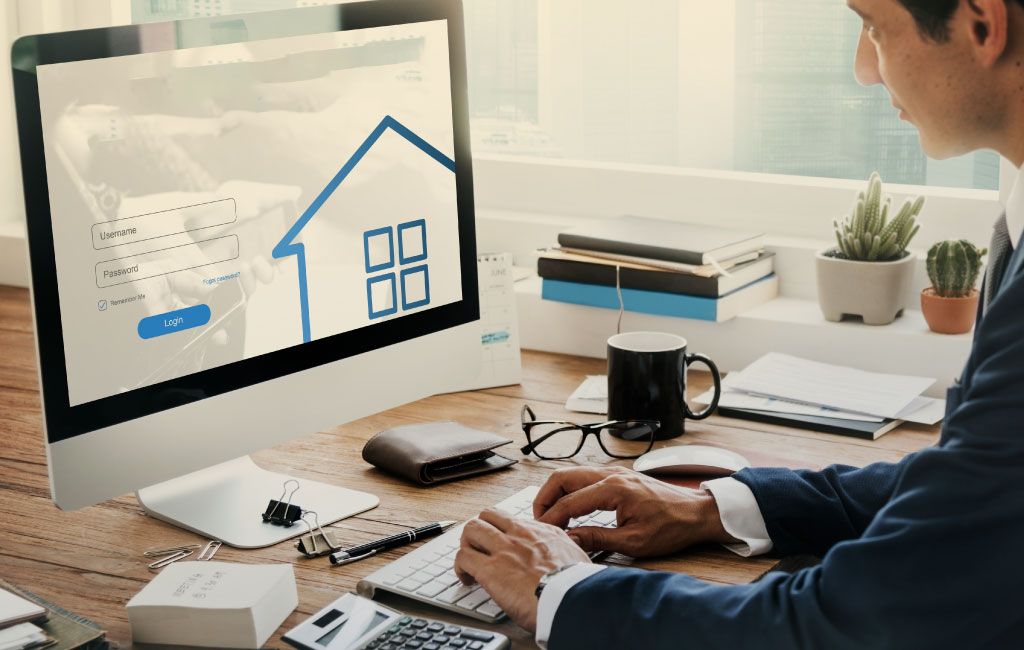Discover the leading property management software of 2025. Learn about key platforms, features, pros and cons, and how to choose the right solution for your portfolio.
Property management software has transformed how landlords, real estate investors, and property management firms handle daily operations. These platforms centralize tasks such as tenant communications, rent collection, maintenance requests, and financial reporting into a single, accessible system. For both small landlords and large property firms, these tools offer efficiency, transparency, and data-driven insights.
Why Property Management Software Matters
In today’s competitive real estate market, manual management can be time-consuming and error-prone. Property management software simplifies workflows and minimizes risks by:
-
Automating rent reminders and payment processing
-
Tracking maintenance schedules and vendor assignments
-
Organizing lease agreements and legal compliance documents
-
Offering data analytics for better investment decisions
By consolidating these functions, property managers can focus more on tenant satisfaction and property value growth.
Key Features to Look For
When evaluating property management software, consider these essential features:
-
Tenant & Lease Management: Store lease details, track renewals, and manage tenant profiles.
-
Online Rent Collection: Secure, automated payment gateways with reminders.
-
Maintenance Management: Digital request forms, work orders, and vendor coordination.
-
Accounting Integration: Automated rent ledger, expense tracking, and financial reporting.
-
Mobile Access: On-the-go management through apps.
-
Compliance Tools: Document templates and legal compliance reminders.
Types of Property Management Software
Property management tools vary based on user needs:
-
Residential Property Software: Designed for apartments, houses, and gated communities.
-
Commercial Property Software: Focused on office spaces, retail units, and industrial properties.
-
Mixed-Use Management Tools: Ideal for properties with both residential and commercial spaces.
-
Cloud-Based Platforms: Accessible from anywhere, perfect for remote teams.
-
On-Premise Solutions: Installed locally for more control over data security.
Benefits and Limitations
Benefits:
-
Saves time through automation
-
Reduces human errors
-
Enhances tenant communication
-
Improves financial tracking
Limitations:
-
Learning curve for non-technical users
-
Subscription costs
-
Dependence on internet connectivity for cloud-based tools
Current Trends in Property Management Software
-
AI & Machine Learning: Predictive analytics for rent pricing and maintenance schedules.
-
IoT Integration: Smart building features for energy management.
-
Blockchain for Lease Management: Enhancing transparency and security.
-
Sustainability Tools: Tracking environmental impact of properties.
How to Choose the Right Solution
When selecting software:
-
Identify your property portfolio size and type.
-
Look for scalability as your portfolio grows.
-
Check integration with existing accounting tools.
-
Test the mobile app’s usability.
-
Ensure the vendor offers strong customer support.
Practical Tips for Effective Use
-
Regularly update tenant and property records.
-
Use automated reminders to reduce late payments.
-
Train staff on full platform capabilities.
-
Analyze reports monthly for performance insights.
FAQs
What is property management software?
A digital platform to manage leases, tenants, payments, maintenance, and reporting for properties.
Is it only for large property firms?
No, individual landlords can also benefit from streamlined management.
Does it replace accountants?
No, it complements accounting by providing accurate, real-time property data.
Checklist for Evaluating Property Management Software
-
Tenant & lease management
-
Rent collection automation
-
Maintenance tracking
-
Financial reporting
-
Mobile app availability
-
Customer support quality
Conclusion
Property management software is more than a convenience—it’s a necessity for modern real estate operations. By automating repetitive tasks and centralizing information, these platforms allow landlords and managers to focus on growth, tenant relationships, and strategic decisions. The right software choice can help you stay competitive in a dynamic property market.
